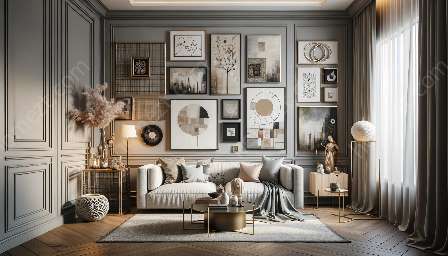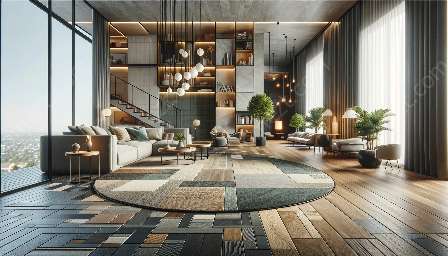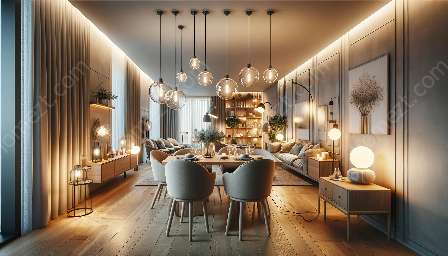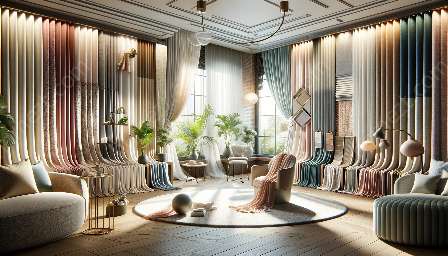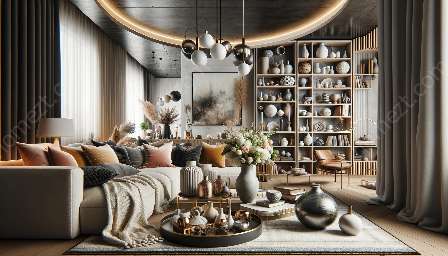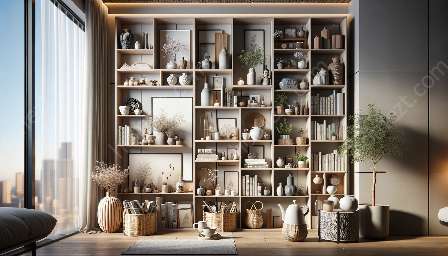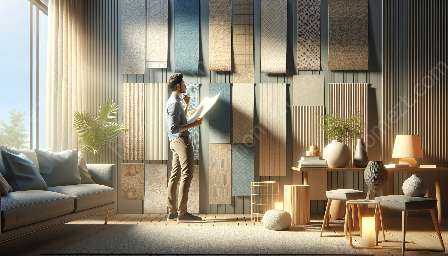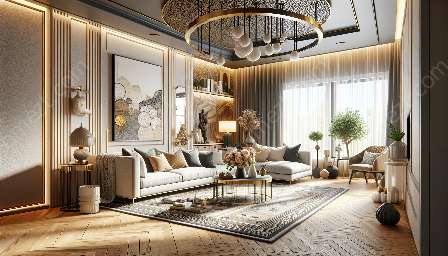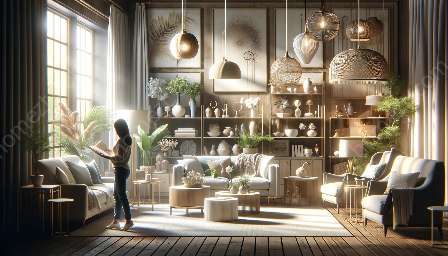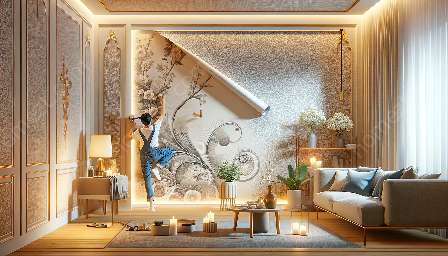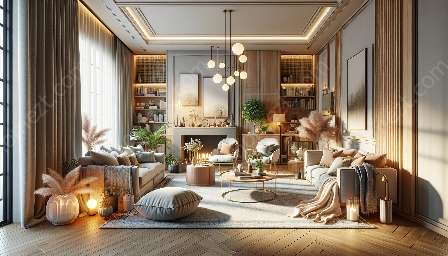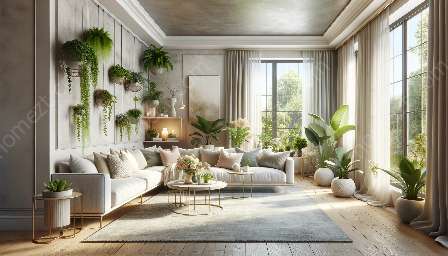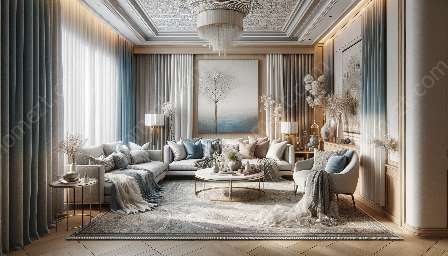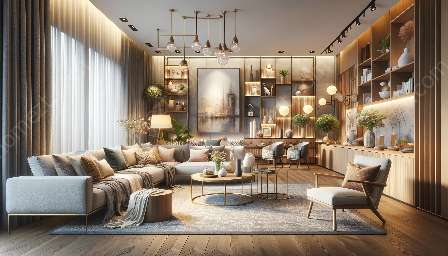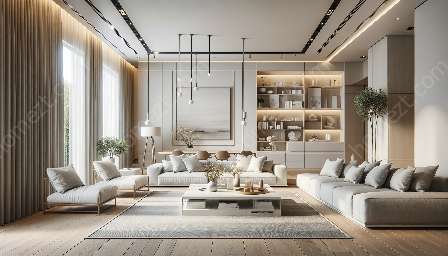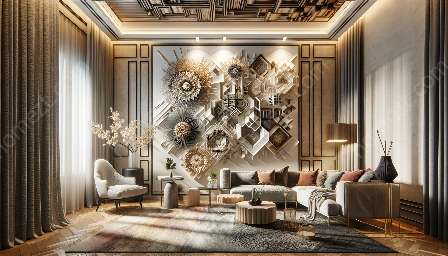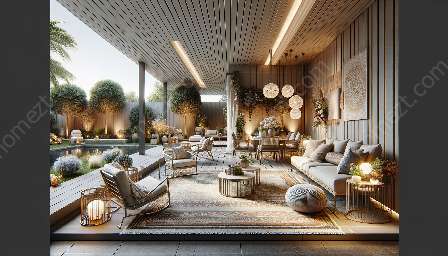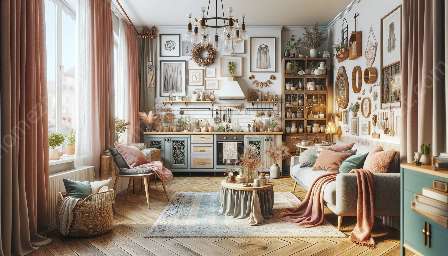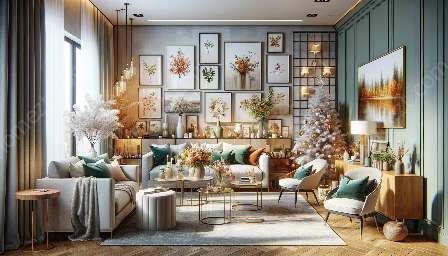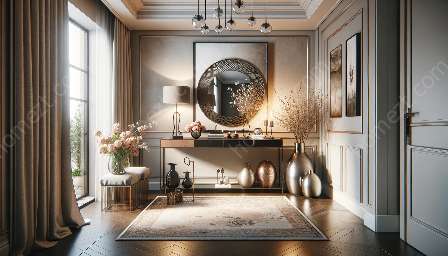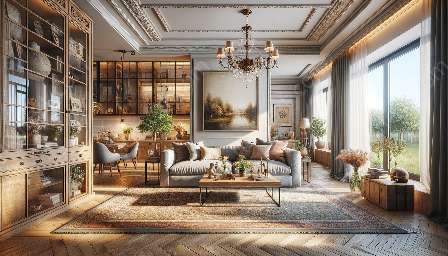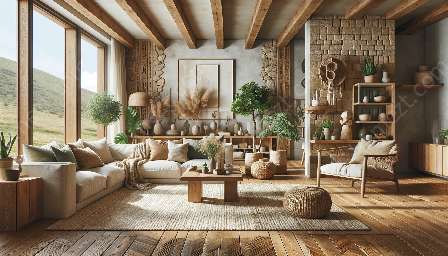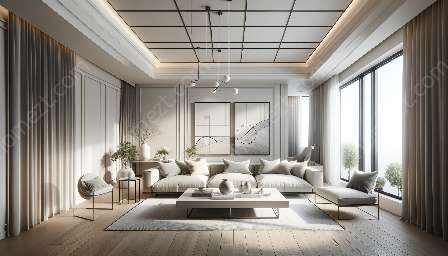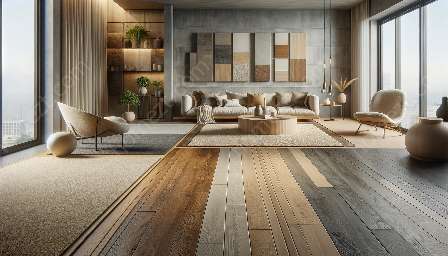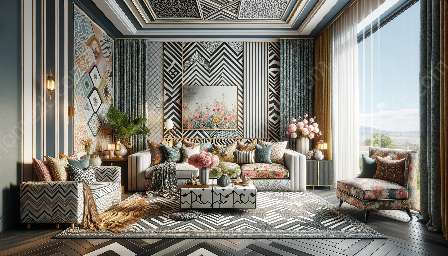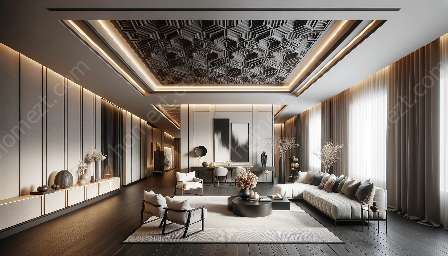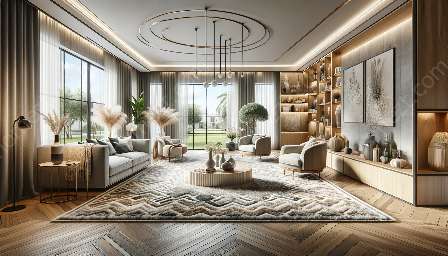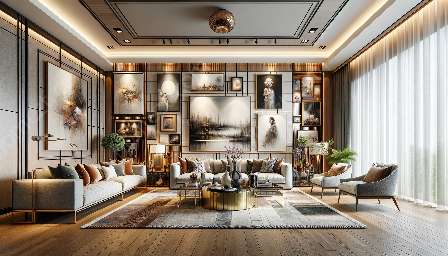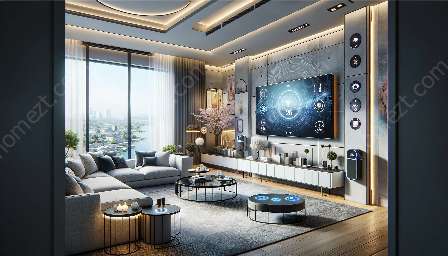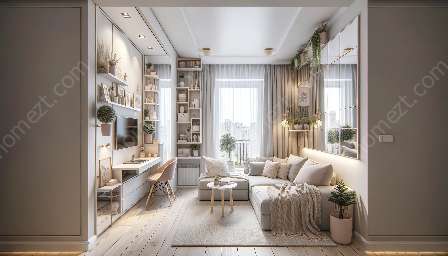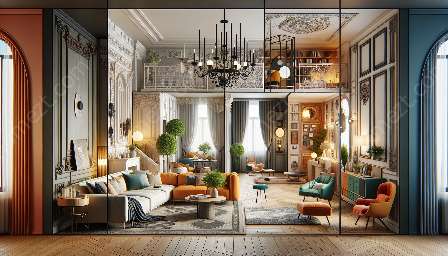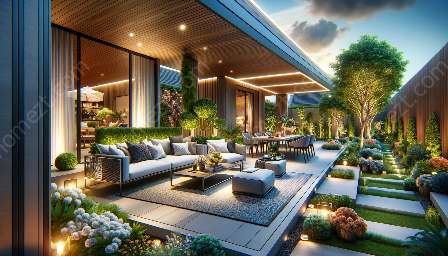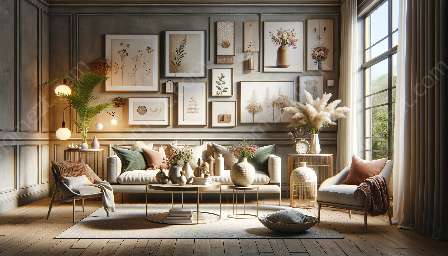Minimalist interior decor has become increasingly popular for its clean and simplified aesthetics, but its potential environmental benefits are often overlooked. Adopting a minimalist design approach in interior decor not only creates a serene and harmonious living space, but it also aligns with sustainable and eco-friendly practices, benefiting the environment in several ways.
Reduced Resource Consumption
One of the key environmental benefits of minimalist interior decor is reduced resource consumption. By focusing on simplicity, minimalist designs often require fewer materials and resources for decoration and construction. This not only minimizes the environmental impact of resource extraction, but it also contributes to the conservation of natural resources.
Minimalist Materials
Minimalist interior decor encourages the use of natural and sustainable materials, such as wood, bamboo, and unbleached fabrics. By opting for these eco-friendly materials, individuals can reduce their reliance on non-renewable resources and minimize the environmental footprint of their home decor. Additionally, these materials often have a longer lifespan, reducing the frequency of replacements and waste generation.
Energy Efficiency
Minimalist design principles often prioritize natural lighting and ventilation, reducing the need for artificial lighting and excessive heating or cooling. By allowing ample natural light to enter the space and optimizing ventilation, minimalist interior decor contributes to energy conservation. This not only reduces electricity consumption but also lowers carbon emissions associated with energy production.
Waste Reduction
Minimalist decorating promotes a clutter-free environment, emphasizing quality over quantity. This mindset can lead to a reduction in unnecessary purchases and impulse buys, ultimately lowering the generation of waste. By prioritizing essential and meaningful decor items, individuals can foster a more sustainable and eco-friendly approach to interior decorating, minimizing the accumulation of unnecessary belongings and the subsequent waste that accompanies them.
Embracing Upcycling and Repurposing
Minimalist interior decor often emphasizes functionality and purpose in design. This approach encourages individuals to repurpose and upcycle existing items or materials, diverting them from landfills and extending their lifespan. Embracing the concept of

